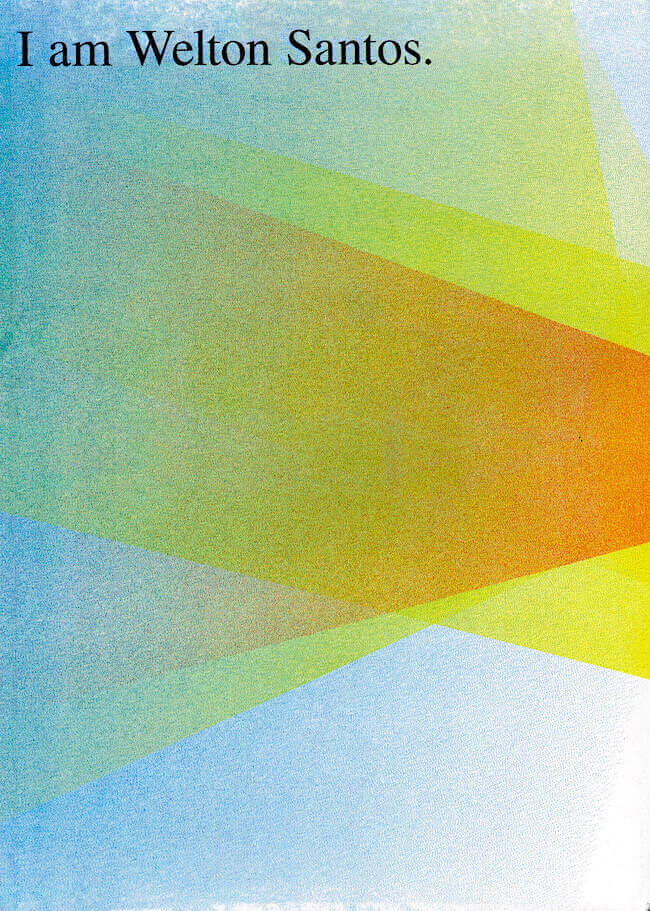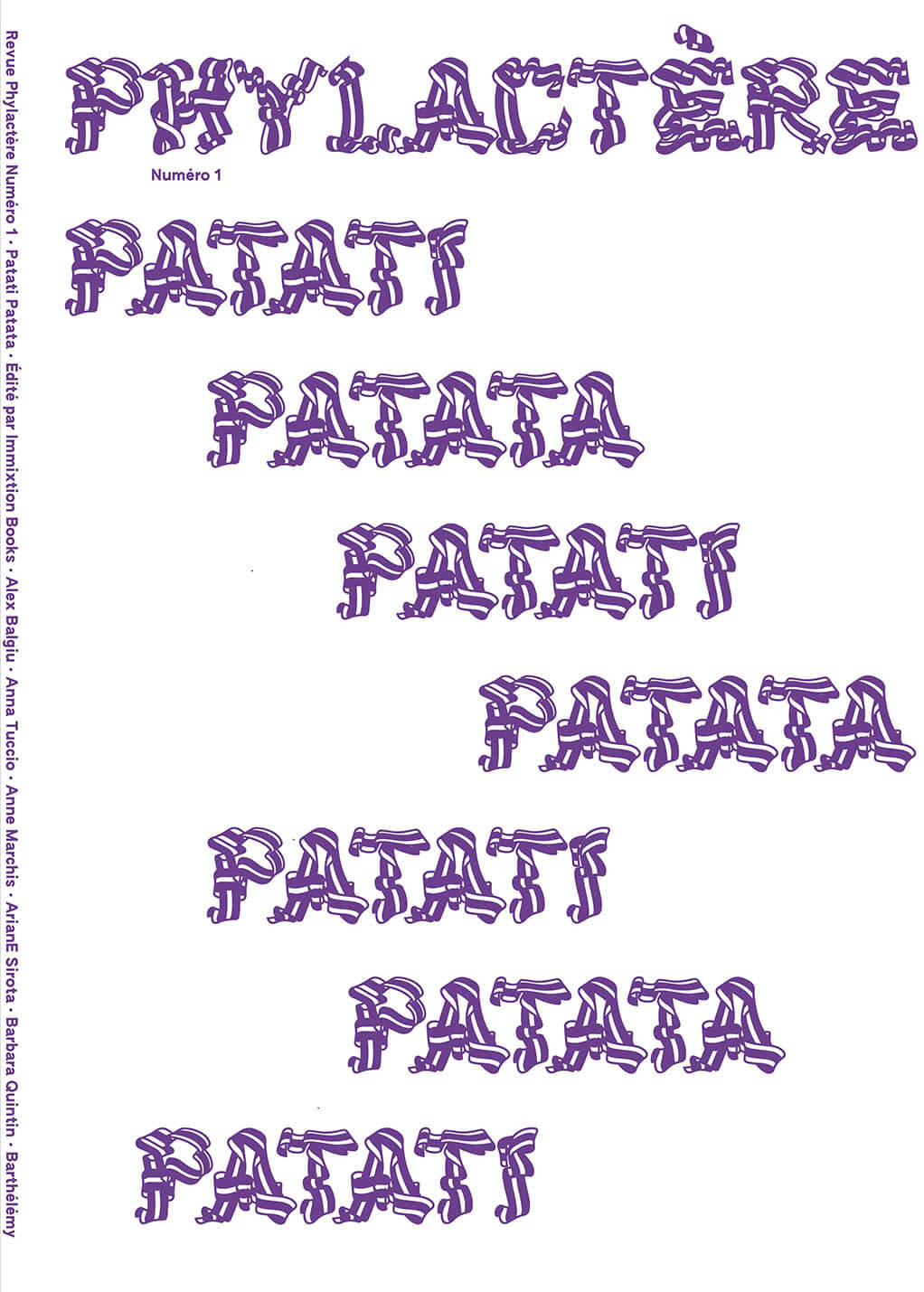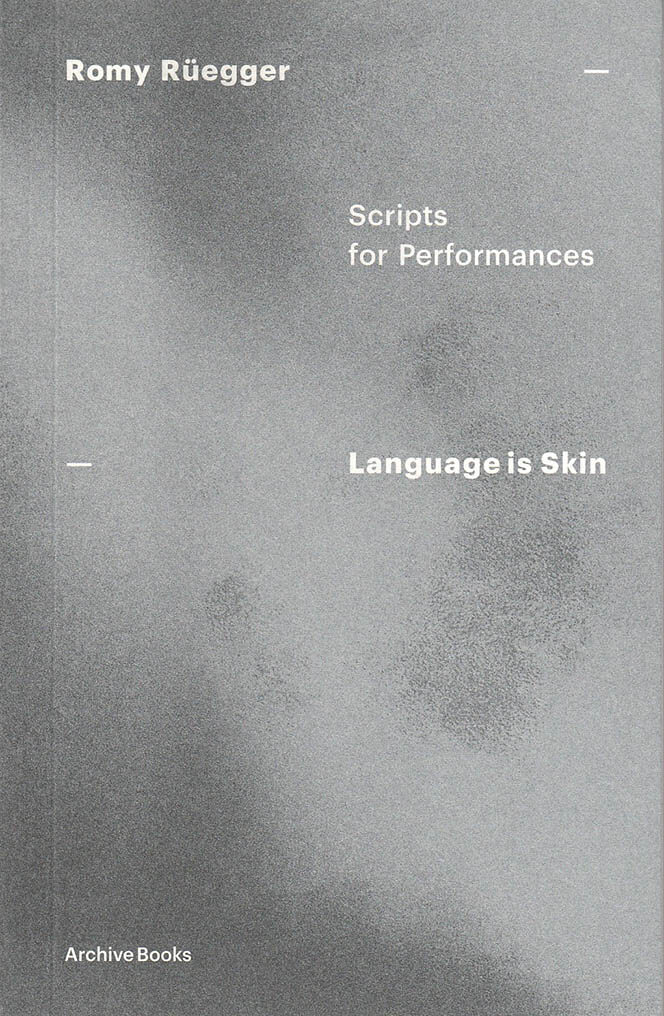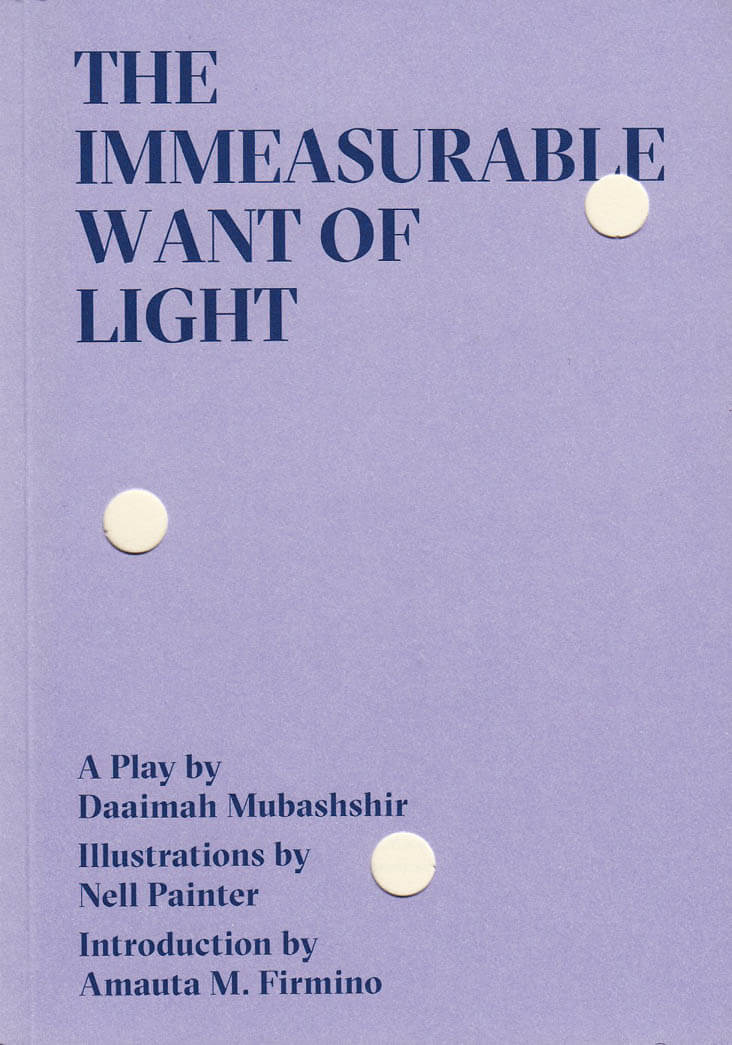Simone Forti
A reference book containing all the transcripts of Simone Forti's News Animations.
The book is the complete collection of Simone Forti's News Animations, one of the works that best reveal her artistic practice. The news and, more broadly, the most pressing issues of the global socio-political situation, are used to explore the potential of language, its dimensions, and its combination with dance, movements, words, images, and music. Simone Forti has always "danced" the news, it's the way she tells them. But, above all, it's the way she internalizes them, feels them, and processes them. Through a stream of consciousness, the artist grants voice and body to thoughts about the world, its conflicts, war, injustices, and inequalities.
The volume collects Simone Forti's News Animations from 1980 to 2018—through the transcriptions of the performances, images, and drawings—seeking to capture their spirit, their poetic stance and, mostly, understand how they manage to describe the society and the world we live in.
Introduction by Luca Lo Pinto
Published August 2021






















